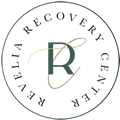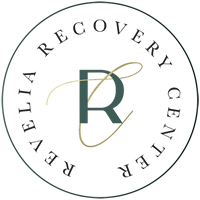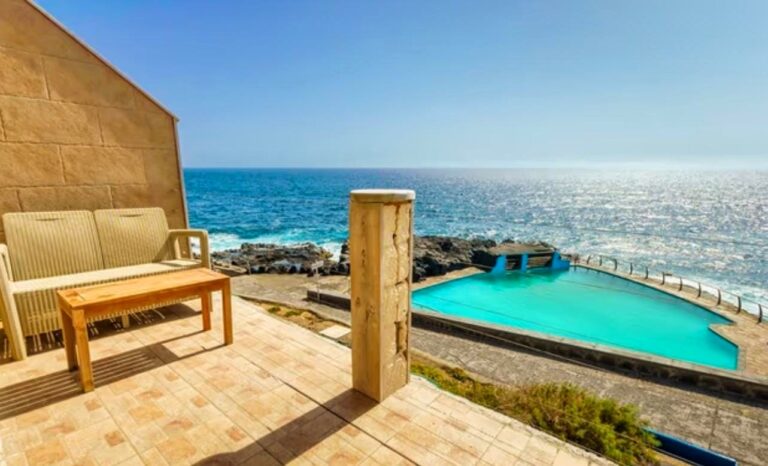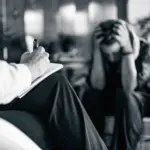When a loved one enters rehab, one of the first questions families ask is: “Will we be able to visit them during treatment?”. Family visits are an essential part of the recovery journey, but how and when they take place depends on each centre’s policies and the patient’s stage of progress.
In this article, we’ll explain how family visits work in residential rehab centres in Spain, what to expect before, during and after a visit, and why family involvement can be so beneficial in recovery.
Are Family Visits Allowed During Rehab?
Yes — but not from the very beginning. In most rehab centres in Spain, including Revelia Recovery Center, visits are restricted during the initial detox phase.
During detox, the medical and therapeutic team focuses on stabilising the patient both physically and emotionally. External contact can interfere with this delicate process.
Once the patient moves into the therapy and emotional recovery phase, visits may be allowed — always with the approval of the therapeutic team and under structured conditions.
Whether you prefer the calm of the Mediterranean coast or the peaceful landscapes of Tenerife, Spain provides the balance between science and serenity that every recovery journey needs.
Before the Visit: Preparation and Communication
Before planning a visit, families should:
- Check the centre’s policy: each rehab center in Spain has its own rules regarding who can visit, how often, and for how long.
- Get staff approval: therapists and coordinators will decide whether a visit is beneficial for the patient’s current stage of recovery. Visits should never be unannounced.
- Follow all guidelines: visitors must be punctual, respectful, and avoid bringing prohibited items. In some cases, families may be invited to meet with therapists to better understand the recovery process.
This preparation ensures the visit takes place in a safe, positive, and therapeutic environment.
During the Visit: Offering Support and Positivity
When a visit is approved, the focus should be on creating a calm, encouraging atmosphere. Here are some useful tips:
- Avoid negative or triggering topics. Focus on the present moment and the patient’s progress rather than the past.
- Be supportive, not critical. Listen more than you speak, and avoid judgments or emotional pressure.
- Join family therapy sessions if available. At Revelia Recovery Center, family therapy plays a crucial role in rebuilding trust, improving communication, and strengthening emotional bonds.
These sessions, guided by professionals, help both patients and their loved ones understand addiction as an illness and develop healthier ways to connect and support recovery.
After the Visit: Staying Connected
After each visit, staff may provide a short update on the patient’s progress or offer advice on how to continue supporting recovery from a distance.
Maintaining contact — through approved calls, emails, or video sessions — helps the patient stay motivated and emotionally grounded. Families may also receive guidance on how to manage their own emotions, as supporting someone in rehab can be emotionally challenging.
Why Family Visits Matter in Recovery
Family visits are not just about emotional comfort — they are a powerful therapeutic tool. A strong emotional bond and genuine support can make a significant difference in motivation and long-term recovery success.
However, visits should always be planned, respectful, and guided by the therapeutic team to ensure they contribute positively to the healing process.
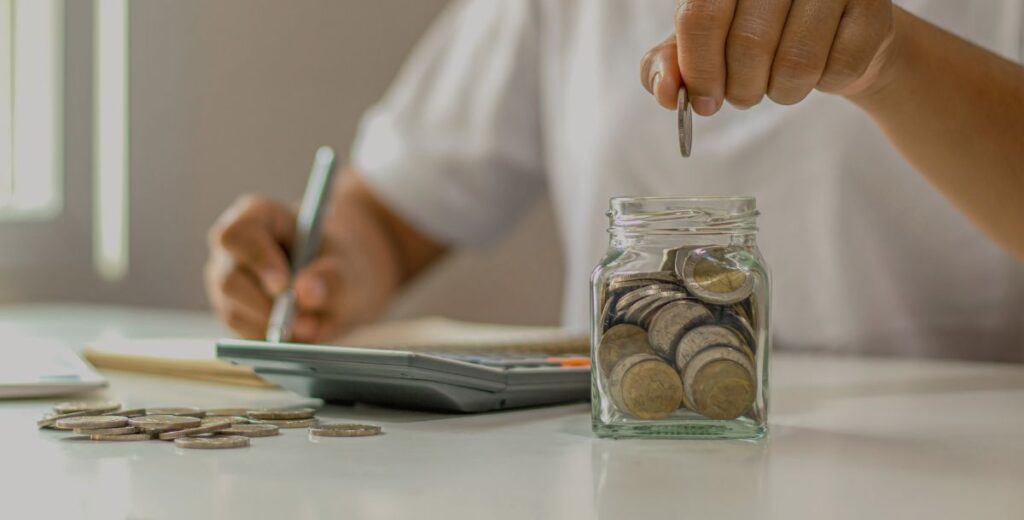
Cost of Rehab in the UK vs Spain - is it really cheaper?
Recovering in a Peaceful Environment
Choosing an addiction treatment in Spain allows patients to heal in a calm and restorative setting. With its warm climate, natural surroundings, and English-speaking care, Revelia Recovery Center provides an ideal environment for full recovery.
The balance between being away from familiar triggers and maintaining healthy family contact helps patients focus entirely on their wellbeing and personal growth.
- Family visits are allowed, but usually not during the initial detox phase.
- All visits must be approved by the therapeutic team and follow centre guidelines.
- Family therapy sessions can be an essential part of recovery.
Rehab in Spain offers privacy, comfort, and a healing environment for both patients and families.
Ready to Take the First Step?
If you or a loved one are facing any type of addiction and are looking for effective and affordable treatment in Spain, our team is here to help you. Contact Revelia Recovery Center today for a free and 100% confidential consultation, and begin your path to recovery in a calm and supportive environment


CONTACT US! 100% CONFIDENTIAL
Frequently Asked Questions
Yes, but usually only after the initial detox phase. Each centre has its own policy, and visits must always be approved by the therapeutic team.
The frequency depends on your treatment stage and progress. Some centres allow weekly or biweekly visits once approved by the staff.
Absolutely. Many centres, including Revelia Recovery Center, encourage family therapy as a key part of long-term recovery and emotional healing
Avoid discussing past conflicts, negative topics, or anything that may cause stress or guilt. The focus should always be on the patient’s present and recovery journey.
Opting for an addiction treatment in Spain offers a serene environment, professional English-speaking care, and distance from everyday triggers — ideal conditions for lasting recovery.
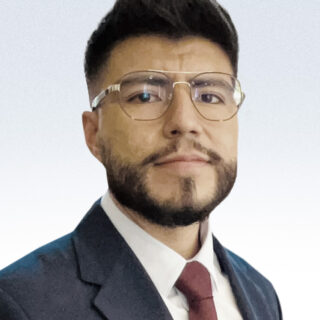
Pablo Vallejo
Pablo Vallejo holds a degree in Forensic Sciences, Forensic and Penitentiary Psychology from the Universidad Autónoma de Madrid and a Master's Degree in Psychopharmacology and Drugs of Abuse from the Universidad Complutense de Madrid. His expertise spans clinical psychology, forensic sciences and psychopharmacology, allowing him to offer a comprehensive and evidence-based approach to addiction recovery.
Pablo has coordinated treatment programs that have successfully reduced substance use disorders. Experienced in the 12-step method and the Prochaska and DiClemente model, he integrates scientific research and ethical practices into his work, ensuring effective and personalized care.
